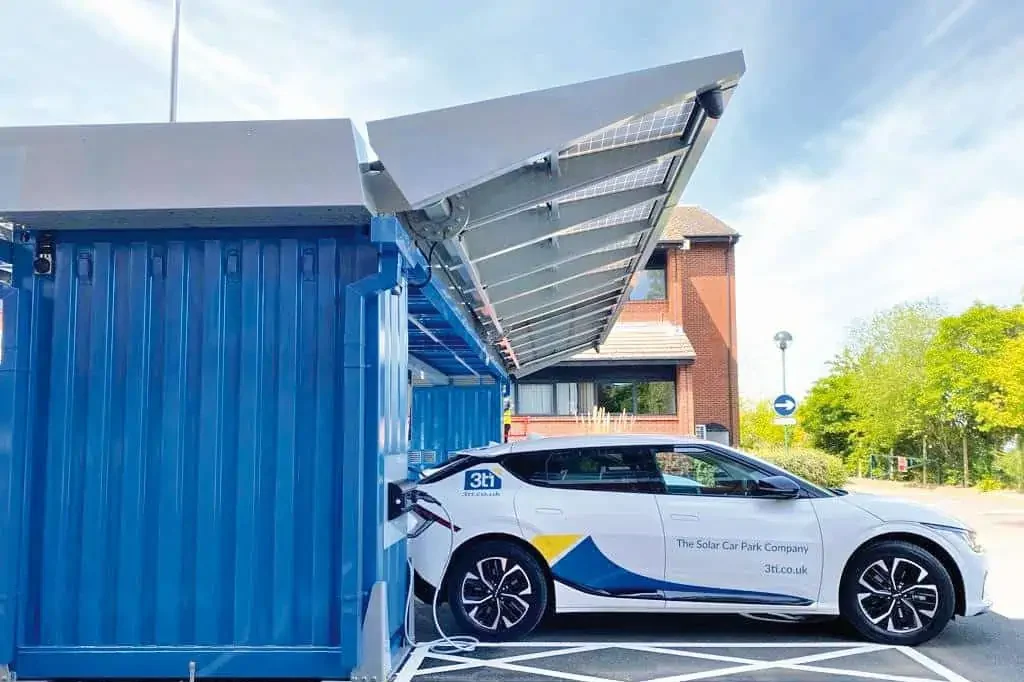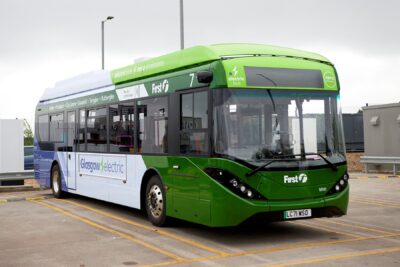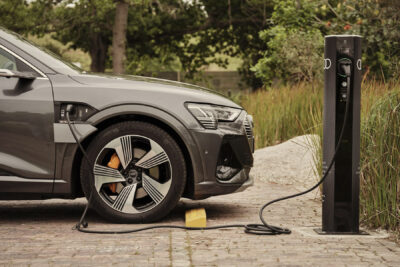British government boosts bidirectional charging
Announcing the funding today, the British government emphasises that V2G could help drivers save money on their bills by selling energy to the grid or using it to energise their homes.
“Families could soon save hundreds of pounds on energy bills by using electricity stored in their electric vehicles to power home appliances such as fridges and washing machines,” reads the press release.
Westminster further lists selling electricity back to the grid when prices are higher as the other option to save money once V2X technology rolls out.
In concrete terms, four projects share the total funding of £4.8 million, whether in equal parts has not been disclosed.
Hangar19 in Chelmsford will demonstrate a 3-socket charger with V2G capability. According to the company’s website, the project appears to rely on Hangar19’s NetX solution. It utilises one connection to charge up to three EVs and is funded by Innovate UK. As for the new funding, the government expects to make a broader range of EVs available for energy flexibility and bidirectional charging. The latter is already being explored in Hangar19’s “Living Lab”.
The following company, 3ti Energy Hubs in Leatherhead, is foremost a solar car park specialist. The funded project will combine a bidirectional charging hub with a solar canopy and battery energy storage in recycled shipping containers. A small version of such a solar charge car park dubbed Papilio3 is already online with a 250 kW battery and 42 solar panels.
Going deeper into smart charging technology behind V2G is Otaski Energy Solutions, an energy management company in Gateshead. The government will trial its bidirectional EV charger to enable fleet operators to deliver savings in line with electricity supply and demand surges.
Fleet operations are also central to the last beneficiary. Electric Green, a developer of inductive charging technology in London, will work with QEnergy to trial wireless V2X technology with a fleet of 20 delivery vehicles at Royal Mail.
The £4.8 million build on existing government funding for EV charging, such as the £70 million pilot scheme to boost the number of ultra-rapid charge points at motorway services.






0 Comments